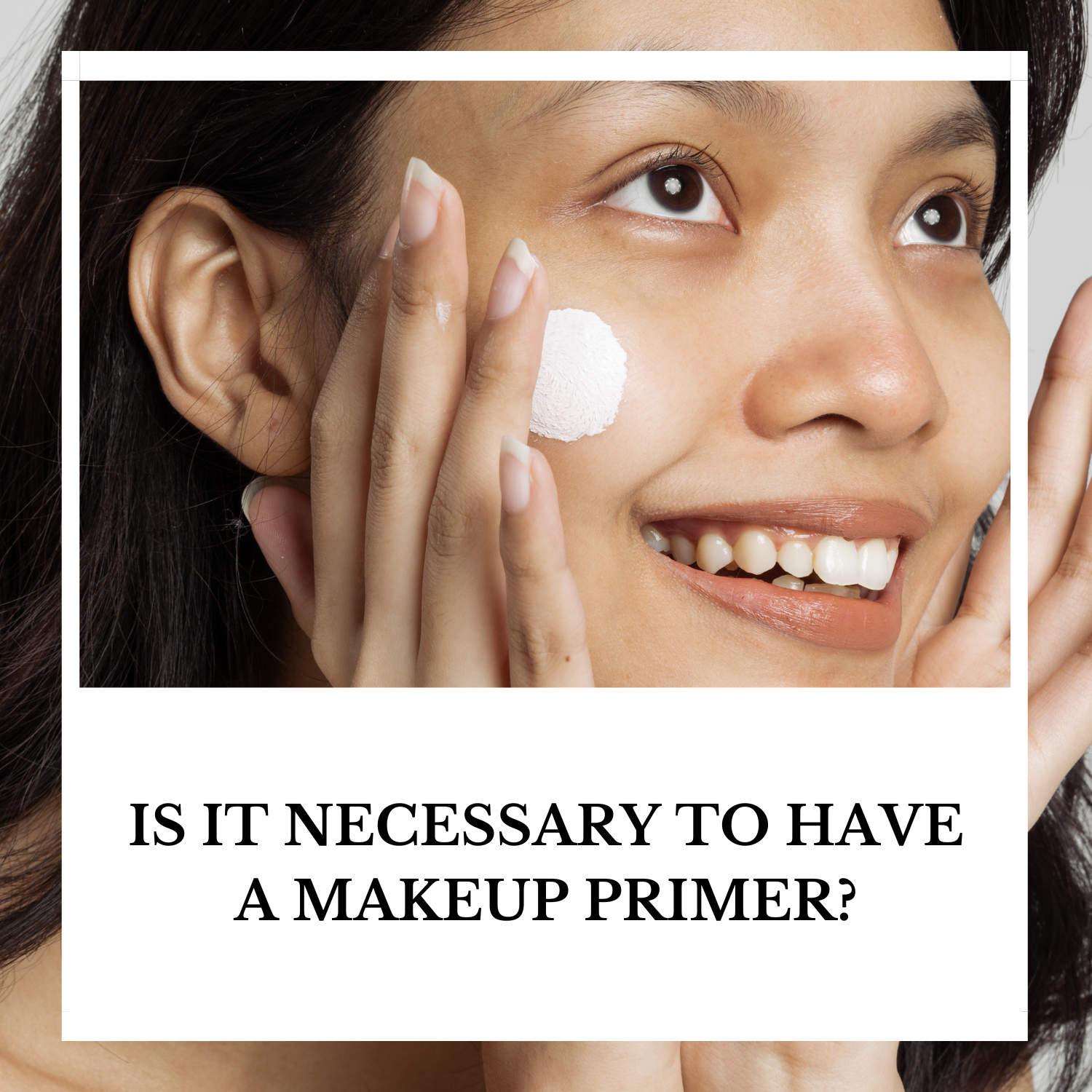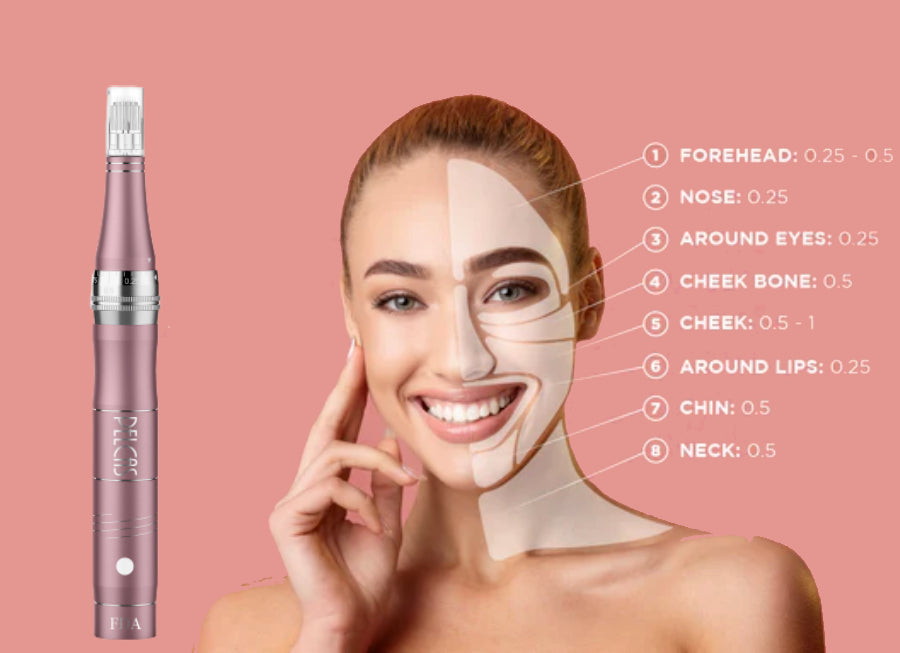Is It Necessary to Exfoliate?

Exfoliation has long been a cornerstone of skincare routines, promising smoother, more radiant skin. But is it truly necessary? With an overwhelming number of products and conflicting advice available, it's important to delve deeper into the world of exfoliation to understand its benefits, potential drawbacks, and whether it should be an essential part of your skincare regimen.
What is exfoliation?
Exfoliation, in essence, is the process of removing dead skin cells from the surface of your skin. Our skin naturally sheds these cells, but factors such as aging, environmental pollutants, and sun damage can slow down this process, resulting in a dull and lackluster complexion. Exfoliating can help accelerate the removal of dead skin cells, revealing fresher, brighter skin underneath.
Two main methods of exfoliation: physical and chemical
Physical exfoliation involves using granular substances, brushes, or exfoliating tools to physically scrub away dead skin cells. Chemical exfoliation, on the other hand, involves using acids or enzymes to dissolve the bonds between skin cells, aiding in their removal.
The advantages of exfoliation
Firstly, it can improve the overall texture and tone of your skin. By removing dead skin cells, exfoliation can help smooth out rough patches and minimize the appearance of fine lines and wrinkles. It can also enhance the effectiveness of other skincare products by allowing them to penetrate deeper into the skin.
Moreover, exfoliation can help unclog pores and prevent breakouts. When dead skin cells accumulate on the surface of the skin, they can mix with oils and bacteria, leading to congestion and acne. By exfoliating, you can clear away these impurities, reducing the likelihood of blemishes and promoting a clearer complexion.
Tips of exfoliation
- Know your skin type: Understanding your skin's unique characteristics will help you choose the appropriate exfoliation method and frequency. Dry or sensitive skin types may benefit from gentler, less frequent exfoliation, while oily or acne-prone skin might tolerate more regular exfoliation.
- Start slowly: If you're new to exfoliation or trying a new product, start with a low concentration and gradually increase as your skin adjusts. This allows you to gauge your skin's response and avoid any potential adverse effects.
- Listen to your skin: Pay attention to how your skin reacts after exfoliation. If you experience excessive dryness, redness, or irritation, it's a sign that you may be overdoing it. Scale back or adjust your exfoliation routine accordingly.
- Choose the right products: Opt for exfoliants that suit your skin type and concerns. Consult with a skincare professional or dermatologist if you're unsure which products will work best for you. You can choose PELCAS electric dermaplaning tool kit. This product is gentle, painless and not chemical stimulation, perfect for sensitive skin.
- Protect your skin: After exfoliation, your skin may be more susceptible to damage from the sun. Always follow up with a broad-spectrum sunscreen to shield your skin from harmful UV rays.
In conclusion, while exfoliation can offer numerous benefits for your skin, it's important to approach it with caution and tailor your routine to your specific needs. Regular exfoliation can help maintain a fresh, vibrant complexion, but excessive or improper exfoliation can do more harm than good. By understanding your skin type, choosing the right products, and listening to your skin's needs, you can make exfoliation a valuable addition to your skincare arsenal.






Comments